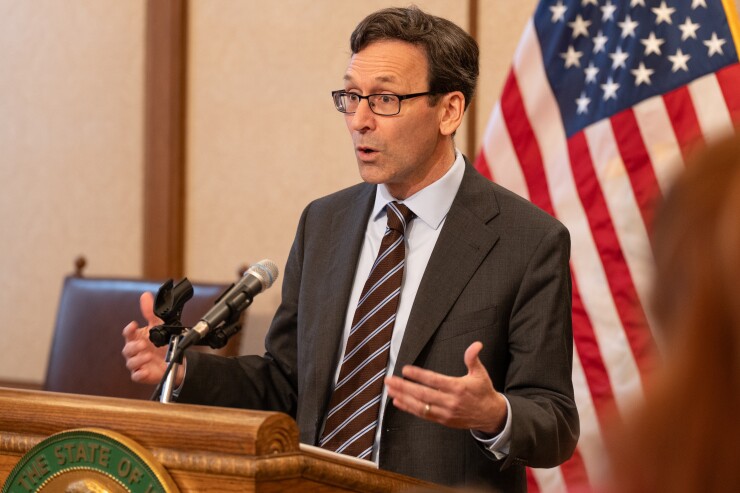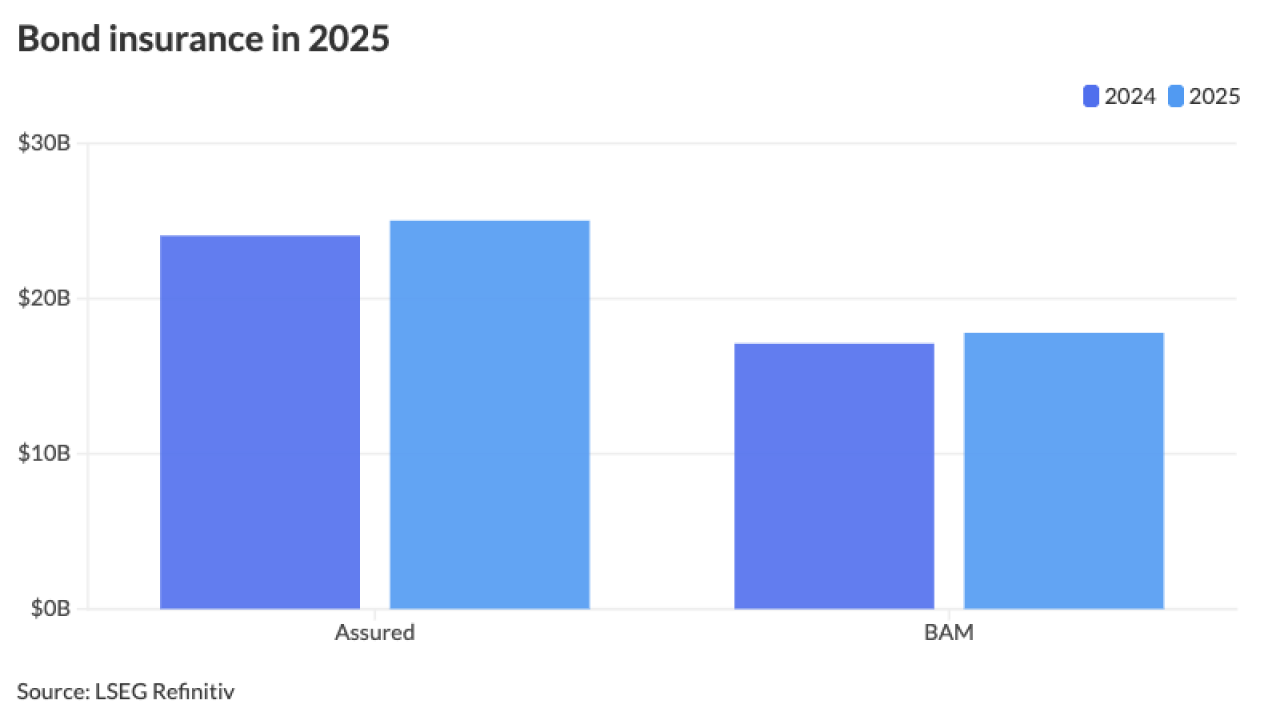
Washington state's fiscal woes continue as the latest
Lawmakers had to close a $16 billion
The state
"While this revenue forecast is disappointing, it is not surprising," Ferguson said in a statement. "We knew that things were unlikely to improve in the near term, especially in light of continued chaos from the Trump administration — including tariffs, which have an outsized negative impact on a trade-dependent state like Washington."
Revenues came in $8 billion higher than projected in March, but were still $720 million short of projections, according to the Washington State Economic and Revenue Forecast Council's forecast released Tuesday.
The projections reflect tax increases adopted by lawmakers, but are also indicative of a weaker economic outlook, said Dave Reich, forecast council executive director.
"The revised economic forecast calls for slower employment and personal income growth and reduced residential construction, which reduces the forecast for revenues, such as sales taxes and business and occupancy taxes," Reich said.
Federal cuts to Medicaid, education and food benefits could mean billions of dollars in cuts impacting the state's most vulnerable residents; and "the forecast makes it abundantly clear that we as a state can't replace all of those dollars," Ferguson said.
At this point, Ferguson said he doesn't anticipate having to call a special session, but he will look closely at where things stand when the September forecast posts.
"As we begin preparing to draft my first budget, [the Office of Financial Management] has already communicated to agencies that they need to look for additional savings," Ferguson said.
"While the Legislature took steps to close the state's budget shortfall, it's clear that we face ongoing uncertainty in the economy and federal funding," said K.D. Chapman-See, director of the OFM.
"That's why, in our instructions to agencies for the supplemental budget, we've asked them to continue to look for efficiencies, savings or reductions in non-essential services and programs," Chapman-See said.





